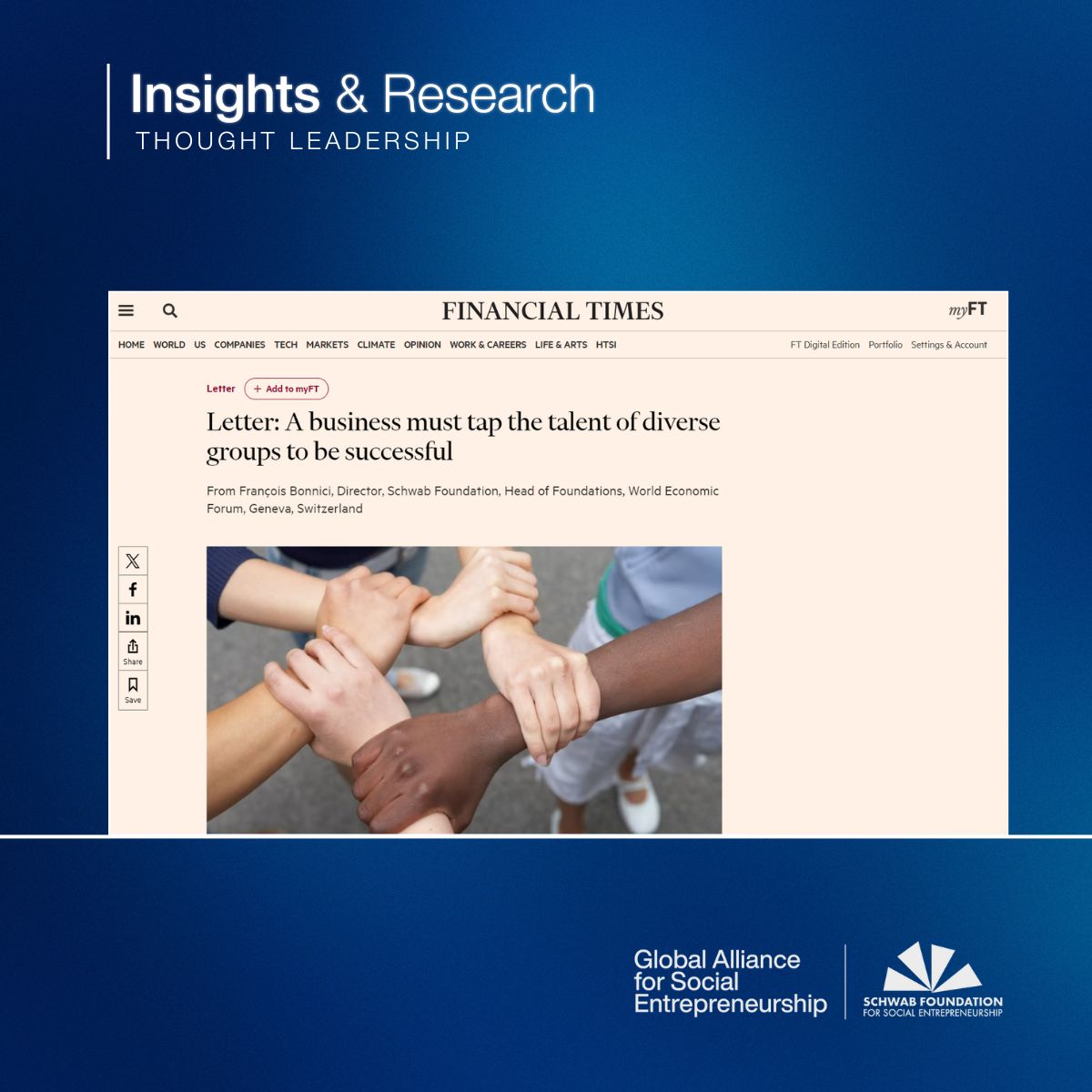Universities Face Financial Crisis: Impacts On Staff And Students

Table of Contents
Reduced Funding and Budget Cuts
Universities rely on a diverse range of funding sources, including government grants, tuition fees, endowments, and research grants. However, recent years have witnessed significant cuts across the board, creating substantial budget deficits and forcing institutions to make difficult choices. Decreasing government funding per student is a major contributing factor. Many countries are reducing their investment in higher education, leaving universities to grapple with the shortfall. Simultaneously, rising inflation significantly impacts operational costs, from utilities and maintenance to staff salaries.
- Decreasing government funding per student: This trend necessitates universities to find alternative revenue streams or cut programs.
- Rising inflation impacting operational costs: Increased costs for energy, supplies, and other necessities strain already tight budgets.
- Increased reliance on tuition fees, potentially pricing out students: Higher tuition fees can make higher education inaccessible to many, exacerbating inequality.
- Difficulty securing research grants and private donations: Competition for limited research funding is fierce, further impacting university finances.
- Reduced investment in infrastructure and technology: This can lead to outdated facilities and a compromised learning environment.
Impact on University Staff
The consequences of budget cuts are acutely felt by university staff. The financial pressures are leading to a range of negative impacts on employees, including job losses, salary freezes, and increased workloads. Many universities are forced to implement hiring freezes, while others face difficult decisions regarding layoffs and faculty reductions. This creates uncertainty and instability for employees.
- Increased risk of layoffs and program closures due to budget constraints: This leads to job insecurity and a loss of valuable expertise.
- Salary freezes or minimal pay increases, leading to decreased purchasing power: Staff are struggling to keep pace with the rising cost of living.
- Increased teaching loads and administrative responsibilities for remaining staff: This leads to burnout and decreased job satisfaction.
- Potential decline in staff morale and job satisfaction: The stress of uncertainty and increased workloads impacts employee well-being.
- Loss of experienced faculty and staff: Universities risk losing highly skilled individuals to other sectors.
The Student Experience in a Time of Crisis
The university financial crisis significantly impacts the student experience. Students are facing increased tuition fees, larger class sizes, reduced access to support services, and a potentially diminished quality of education. The rising cost of tuition makes higher education increasingly inaccessible, particularly for students from low-income backgrounds.
- Increased tuition fees making higher education less accessible: This creates a barrier to entry for many prospective students.
- Larger class sizes and reduced access to faculty: Students receive less individualized attention and support from instructors.
- Cuts to student support services, such as counseling and career services: This can have significant negative consequences for student well-being and future prospects.
- Reduced access to extracurricular activities and resources: This limits students' opportunities for personal and professional development.
- Potential for decreased quality of education: Overburdened staff and reduced resources can compromise the quality of teaching and learning.
Long-Term Effects on Higher Education
The current financial crisis in universities carries significant long-term implications for the future of higher education. The potential consequences include a decline in the quality of education and research output, reduced access to higher education for disadvantaged students, and long-term damage to the reputation and competitiveness of universities globally. This also impacts the ability of universities to attract top faculty and researchers.
- A potential decline in the quality of education and research output: This undermines the overall standing of higher education.
- Reduced access to higher education for disadvantaged students: Exacerbating existing inequalities in educational attainment.
- Long-term damage to the reputation and competitiveness of universities: Impacting their ability to attract students and funding.
- Increased pressure on students to secure employment quickly after graduation: Reducing opportunities for further study or exploration of career paths.
Conclusion
The financial crisis impacting universities poses a severe threat to both staff and students. Budget cuts, resulting from decreased funding and rising costs, are leading to job losses, increased workloads, reduced support services, and potentially diminished educational quality. These challenges threaten the accessibility and quality of higher education for future generations. Addressing this university financial crisis requires immediate and sustained action. We need increased government investment in higher education, innovative funding models, and a renewed commitment to ensuring access to quality education for all. Let's work together to safeguard the future of our universities and ensure that higher education remains a vital pillar of society.

Featured Posts
-
 Why Isnt Kanye West Performing At The Super Bowl Taylor Swifts Alleged Role
May 18, 2025
Why Isnt Kanye West Performing At The Super Bowl Taylor Swifts Alleged Role
May 18, 2025 -
 Damiano Davids Next Summer Stream The Song Now
May 18, 2025
Damiano Davids Next Summer Stream The Song Now
May 18, 2025 -
 Why Guests Break Red Carpet Rules A Cnn Investigation
May 18, 2025
Why Guests Break Red Carpet Rules A Cnn Investigation
May 18, 2025 -
 Fortnite I Os Removal The Story Behind The App Store Ban
May 18, 2025
Fortnite I Os Removal The Story Behind The App Store Ban
May 18, 2025 -
 Did The Snl Audience Really Swear On Live Tv
May 18, 2025
Did The Snl Audience Really Swear On Live Tv
May 18, 2025
Latest Posts
-
 Canterbury Castle Sold For 705 499 A Historic Landmark Changes Hands
May 18, 2025
Canterbury Castle Sold For 705 499 A Historic Landmark Changes Hands
May 18, 2025 -
 Stephen Millers Troubling Past A Former Colleagues Account
May 18, 2025
Stephen Millers Troubling Past A Former Colleagues Account
May 18, 2025 -
 Why A Former Colleague Calls Stephen Miller A Horrible Human Being
May 18, 2025
Why A Former Colleague Calls Stephen Miller A Horrible Human Being
May 18, 2025 -
 Axios Kto Zaymet Post Sovetnika Trampa Po Natsionalnoy Bezopasnosti Prognozy I Analiz
May 18, 2025
Axios Kto Zaymet Post Sovetnika Trampa Po Natsionalnoy Bezopasnosti Prognozy I Analiz
May 18, 2025 -
 Is Stephen Miller The Next National Security Advisor Analyzing His Qualifications
May 18, 2025
Is Stephen Miller The Next National Security Advisor Analyzing His Qualifications
May 18, 2025
